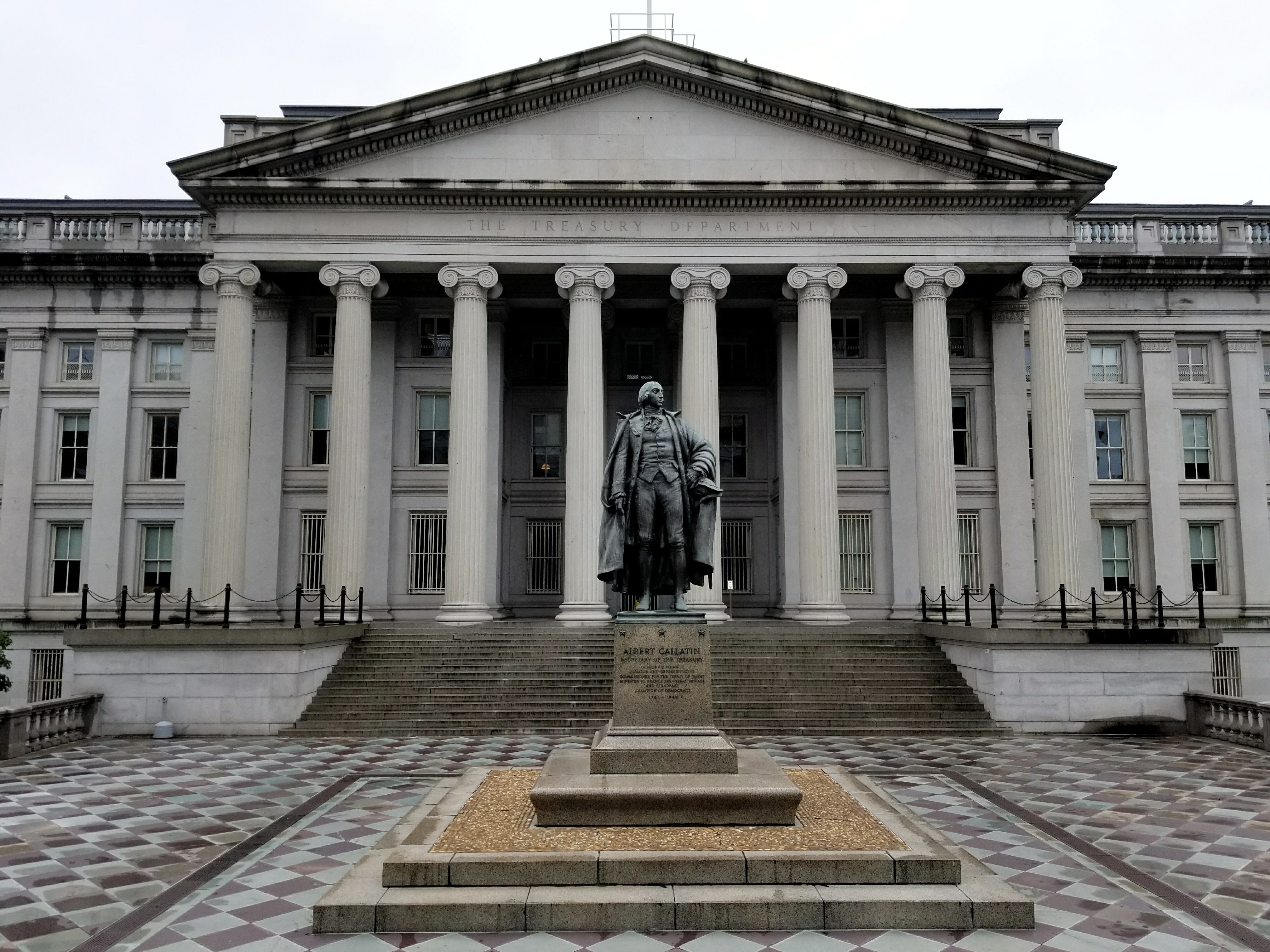
If you don’t think inflation is really that big of a problem, here’s something that might make you think again: since March 2020 U.S. Treasury bond market has experienced an historic sell-off that is approaching the drops the stock market sustained during the dot.com and Great Recession crashes. During that time period, Treasury bonds with maturities of 10 years or more have fallen 46 percent, and the 30-year bond has fallen 53 percent. Those numbers are comparable to the 49 percent dot.com bubble stock market drop and the 57 percent freefall in the stock market in the midst of the Great Recession.
People always seem to pay less attention to the bond market than the stock market, so this collapse may not have hit your news feed–but there are important real-world causes and consequences. The principal cause is obvious: inflation continues to be a problem, with rising oil prices leading the way. The Federal Reserve has responded to the inflation in the economy by raising interest rates by more than 5 percent over the past year and a half, and the Fed has indicated that it will maintain its high interest rate, restrictive monetary policy approach for the indefinite future, until inflation gets back down to the Fed’s 2 percent target. Current data has inflation at just under 4 percent.
What does it all mean? The fall in bond prices means an increase in bond yields, which is likely to lure at least some investors from the uncertainties of the stock market to the bond market–which means the “invisible hand” will put pressure on stock prices. It means it will be more expensive to borrow money, whether to buy a car or to carry a balance on your credit card. And mortgage interest rates are leading the way, with 30-year fixed rates recently hitting their highest level in 21 years. That’s not good news if you are a young person looking to buy your first home.
In short, the lesson is pretty simple: inflation isn’t something to be pooh-poohed. Keep an eye on that usually quiet U.S. Treasury bond market. It’s like the canary in the coal mine.
